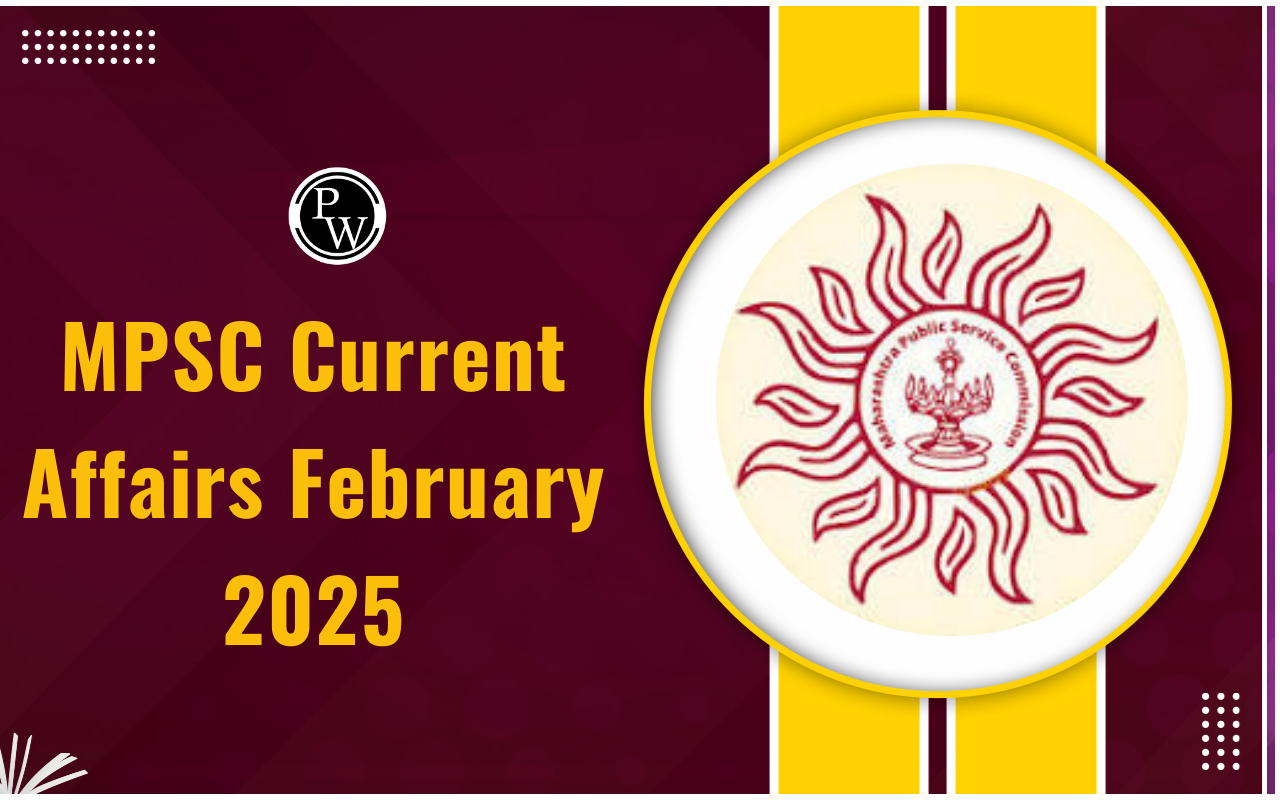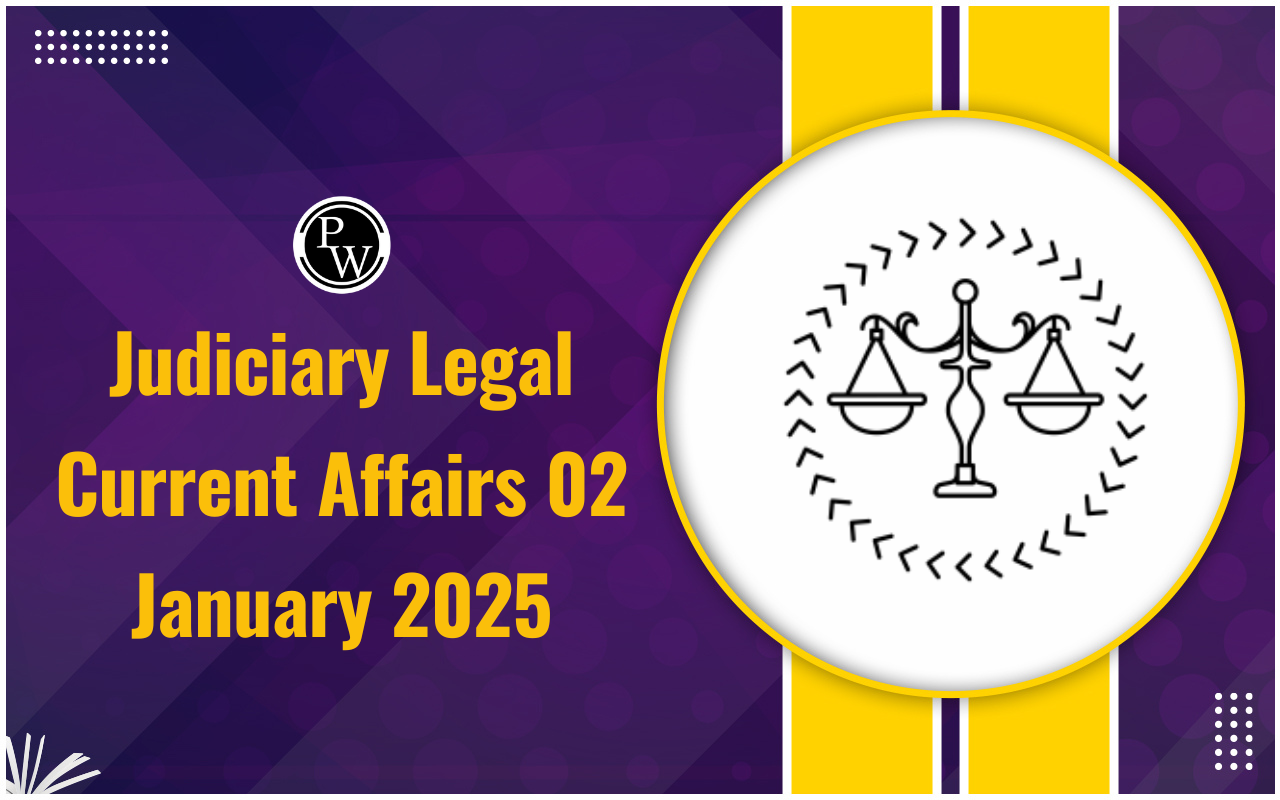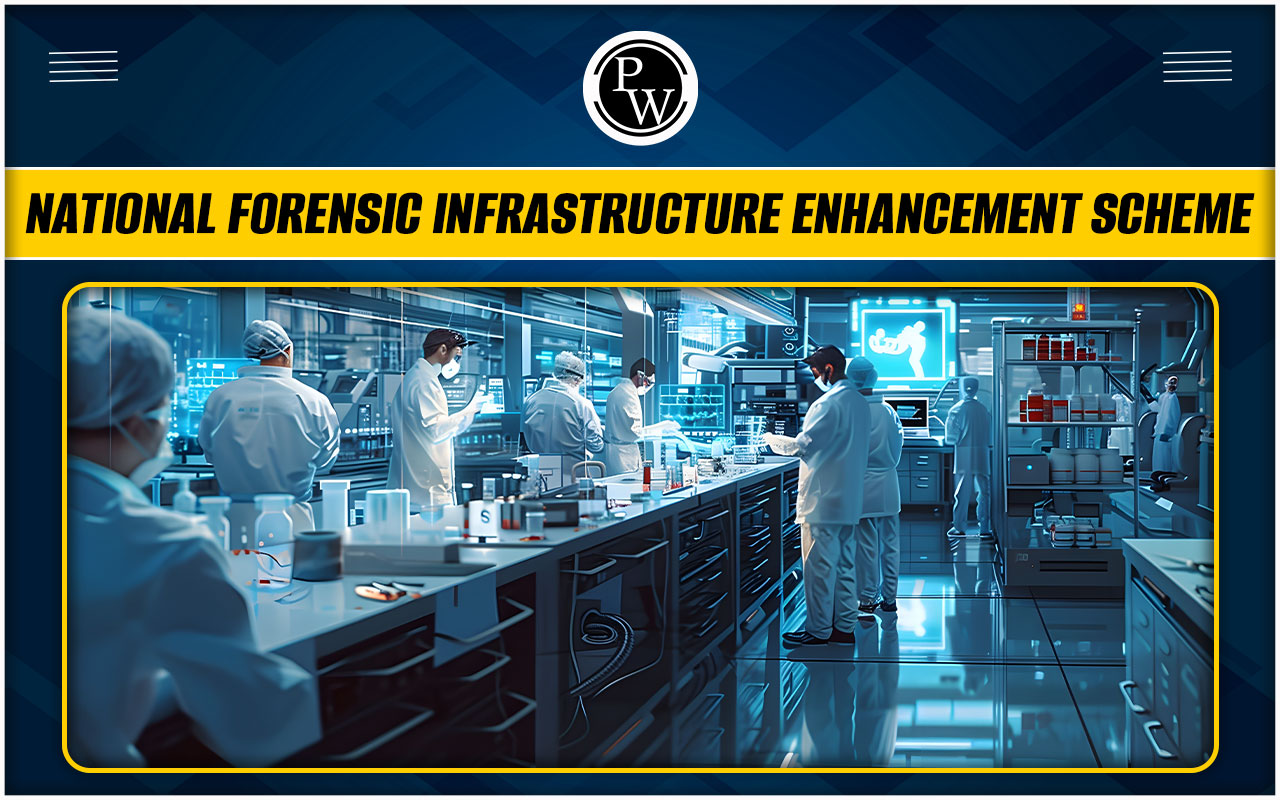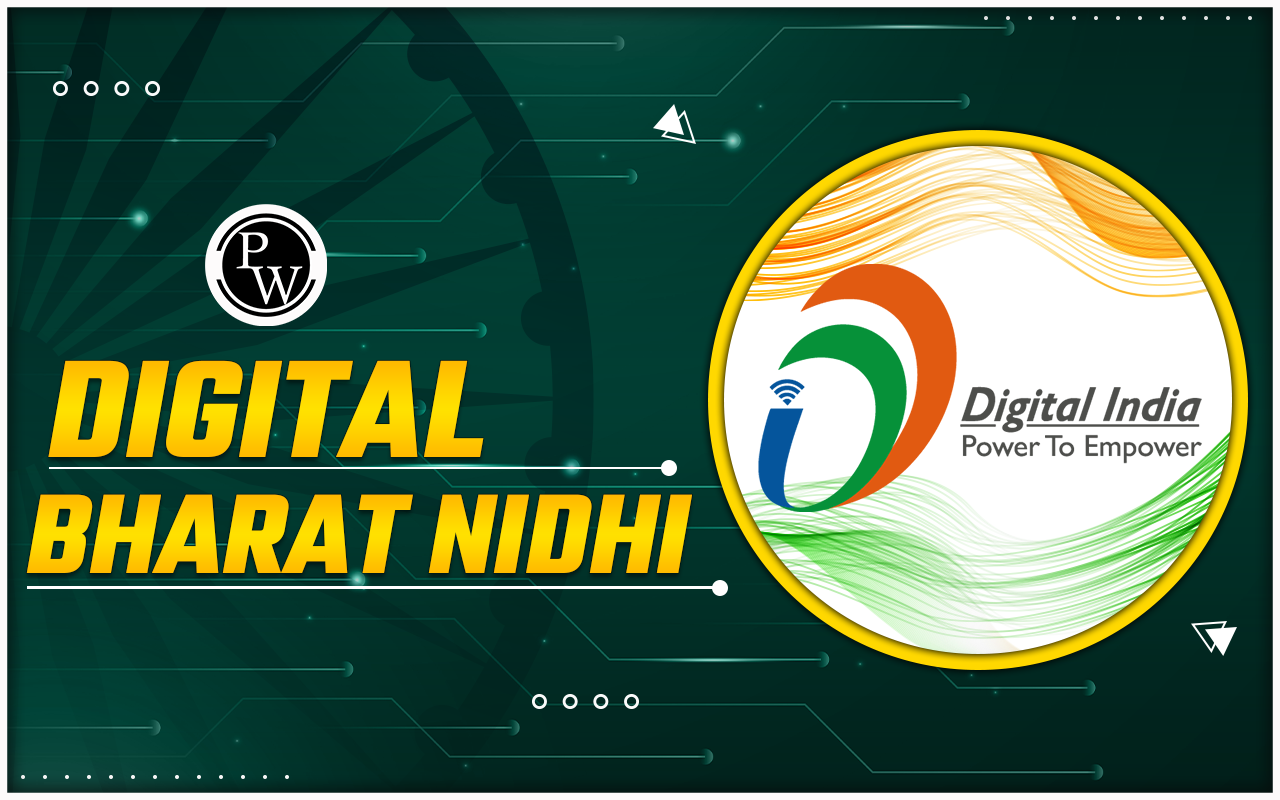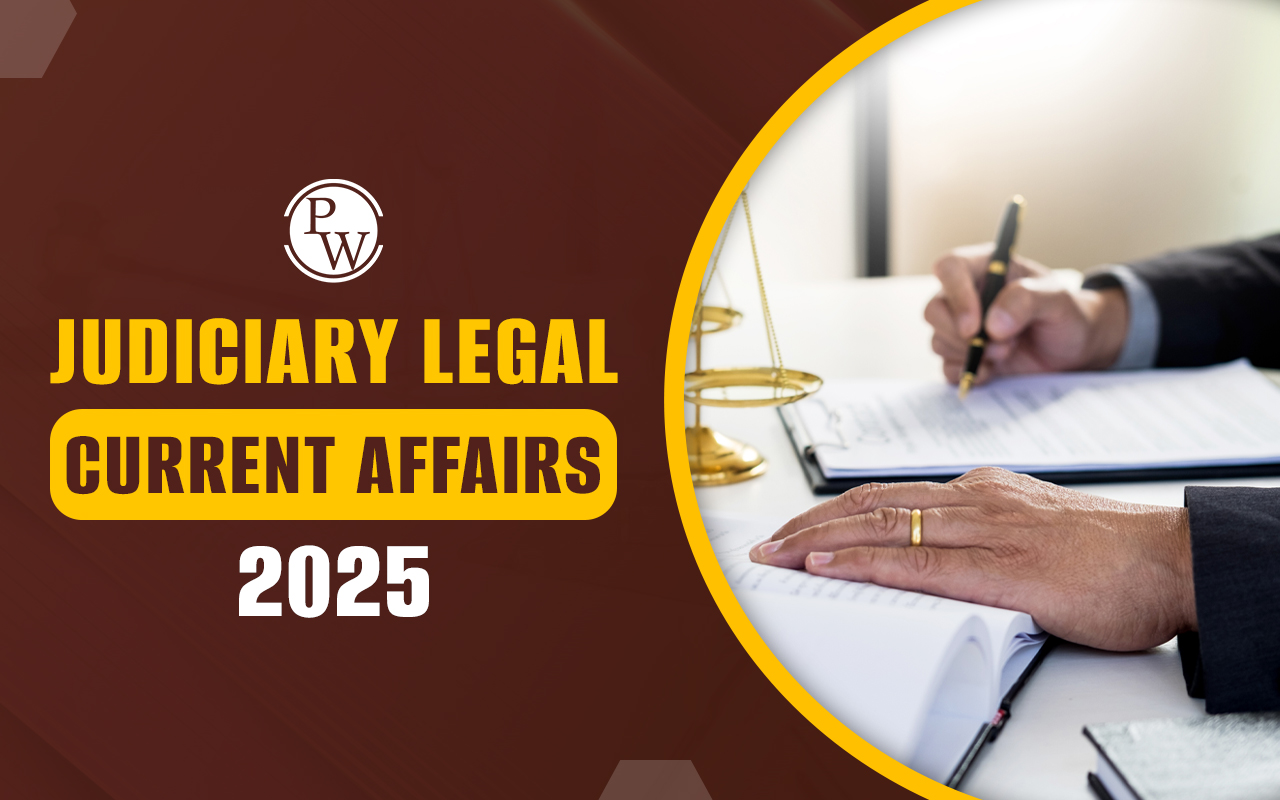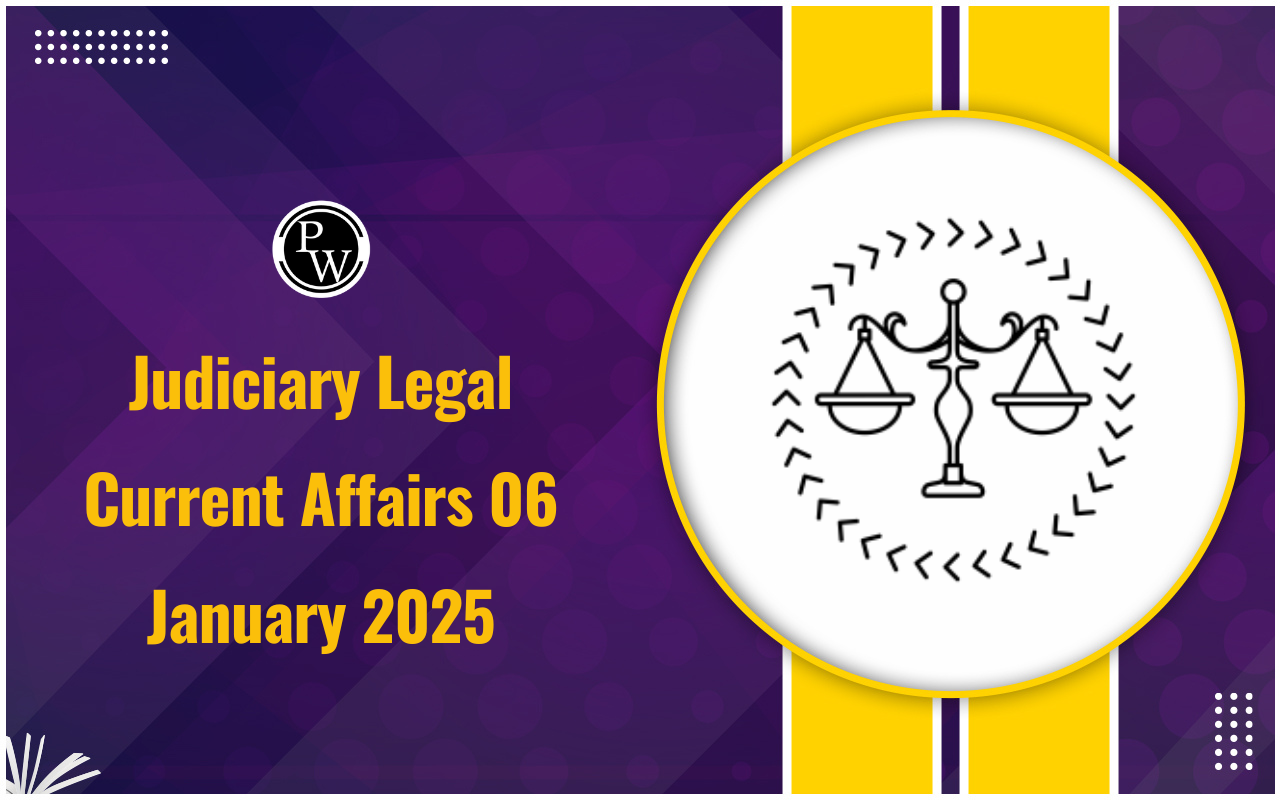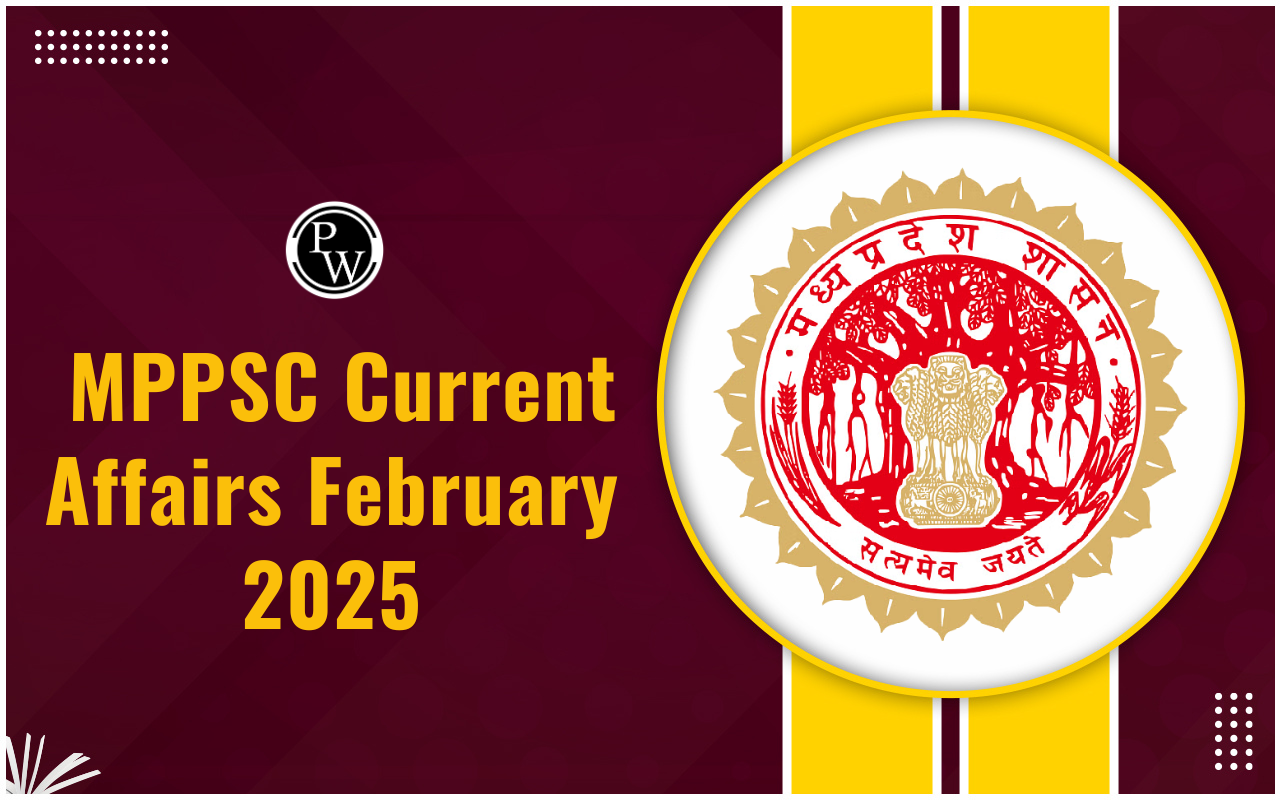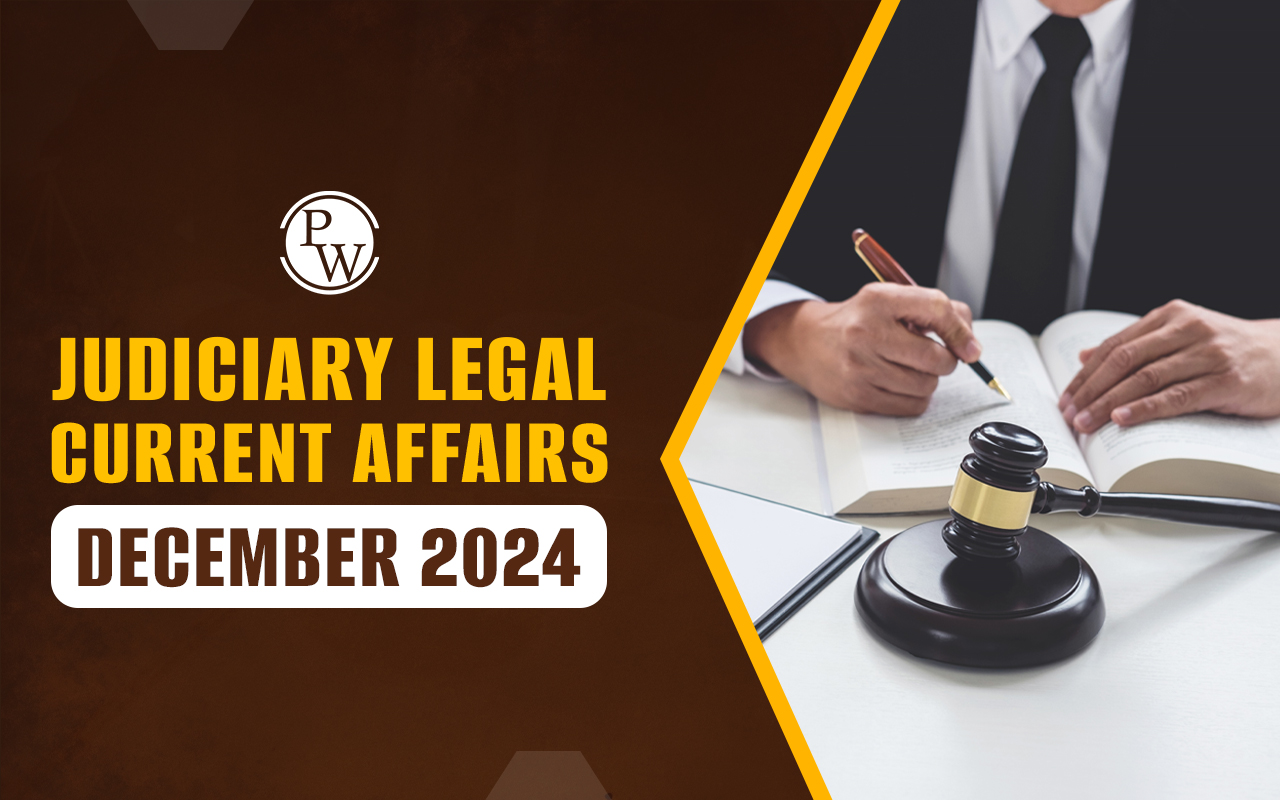
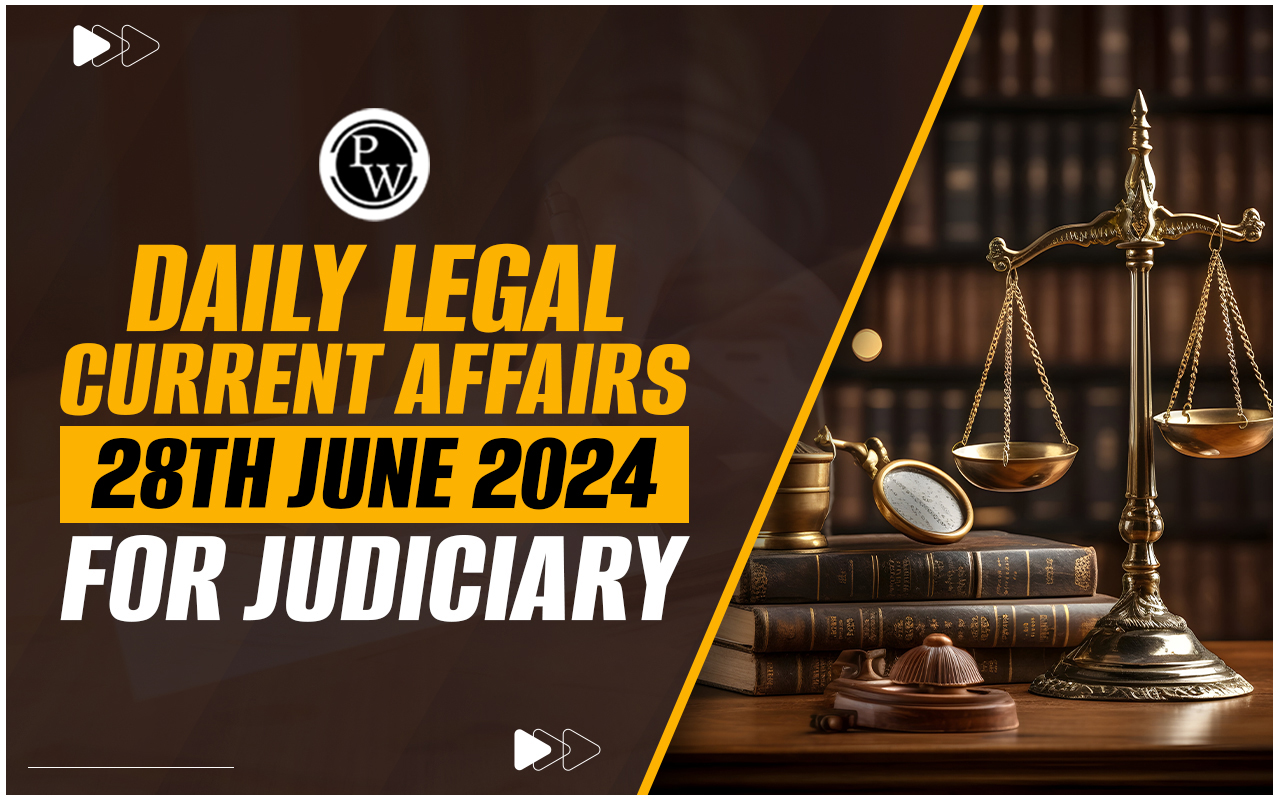
Zainab Abdul Qayyum Choudhary & Ors. v. Chembur Trombay Education Society's NG Acharya and DK Marathe College and Ors.
-
- BENCH : Justice AS Chandurkar and Justice Rajesh S Patil
- FORUM : Bombay High Court
- FACTS
- The petitioners, pursuing their second and third-year undergraduate courses challenged the dress code on the ground that restriction on hijab, nakab, burka, stole, caps etc. in the campus violates their fundamental rights. Under the impugned dress code, the dress of the students is expected to be formal and decent and should not reveal the religion of any student.
- The students contended that the dress code was arbitrary and discriminatory, infringing upon their right to choose their attire, their right to privacy, and right to expression under Article 19(1)(a) and their right to freedom of religion under Article 25 of the Constitution. On the contrary, the college argued that the dress code applied equally to all students, aiming to maintain discipline and prevent the disclosure of students' religious identities through their attire.
- OBSERVATIONS
- The Bombay High Court observed that the dress code prohibiting students from wearing hijab, nakab, burka, stole, cap etc. on the campus of a Mumbai college is in students' larger academic interest.
- A division bench of Justice AS Chandurkar and Justice Rajesh S Patil while dismissing a writ petition against the dress code by nine female students NG Acharya and D. K. Marathe College of Art, Science and Commerce observed –
- “ The object behind prescribing the dress code is evident from the Instructions since they state that the intention is that a student's religion ought not to be revealed. It is in larger academic interest of the students as well as for the administration and discipline of the College that this object is achieved. This is for the reason that students are expected to attend the educational institution to receive appropriate instructions for advancement of their academic careers.
- The insistence for following the dress code is within the college premises and the petitioners' freedom of choice and expression is not otherwise affected.” The court referred to the Full Bench decision of the Karnataka High Court in Resham v. State of Karnataka , which upheld a government order prescribing a dress code excluding hijabs. In that case, the Karnataka High Court had held that such a dress code aimed at treating students as a homogeneous class to serve constitutional secularism and was not violative of any fundamental rights.
- “We are in respectful agreement with the view expressed by the Full Bench that prescription of a dress code is intended to achieve uniformity amongst students in the school/college so as to maintain discipline and avoid disclosure of one's religion”, the court stated. Challenge to this Karnataka HC judgment is pending before the Supreme Court after a division bench delivered a split verdict in October 2022.
- At the outset, the court noted the college's denial of issuing any WhatsApp message on May 1, 2024, and a statement that the college would only enforce the instructions on the college website regarding the dress code. Given this, the court deemed it unnecessary to further consider the WhatsApp message. The court referred to previous judgments, including Fathema Hussain v. Bharat Education Society and Ors. (2003) , where a similar challenge to a headscarf prohibition was dismissed.
- The Bombay High Court had held that requiring students to adhere to a prescribed dress code did not infringe upon their fundamental rights under Article 25 of the Constitution of India.
- Further, the court cited the Kerala High Court's decision in Fatima Thanseem (Minor) v. State of Kerala , which upheld a school's right to prescribe a dress code emphasizing the institution's right to administer its educational environment.
- The court noted that the dress code in question is applicable to all students irrespective of their caste, creed, religion or language.
- It further said that the college administration had a fundamental right to manage its institution, including prescribing a dress code, under Article 19(1)(g) of the Constitution. The court further held that the college's dress code did not violate UGC (Promotion of Equity in Higher Educational Institutions) Regulations, 2012, and other educational policies aimed at promoting non-discriminatory environments.
- “We do not find as to how these guidelines and instructions are violated by the Instructions issued by the College. On the contrary, the Policy on Code of Ethics laid down by the Management of the College seeks to enforce the aforesaid guidelines and instructions'', the court observed.
- The court rejected the petitioners' argument that donning a hijab or nakab was an essential religious practice, citing insufficient pleadings.
- “The pleadings in the writ petition to support the plea that donning of a Hijab or Nakab is an essential religious practice however are insufficient. Except for stating that the same constitutes an essential religious practice on the basis of the English translation of Kanz-ul-Iman and Suman Abu Dawud, there is no material placed to uphold the petitioners' contention that donning of Hijab and Nakab is an essential religious practice.”
B Anantha Lakshmi and Another v. State of Tamil Nadu and Others
-
- BENCH : Justice SM Subramaniam
- FORUM : Madras High Court
- OBSERVATIONS:
- While dealing with a case relating to the bond period of PG Doctors, the Madras High Court stressed that a poor person, who is unable to afford paid treatment should not be treated differently. The court added that while all medical services could not be rendered free of cost to the citizens, the goal of a welfare state must be to move towards affordable and easily accessible healthcare to all of its citizens.
- Justice SM Subramaniam added that the postgraduate doctors' plea to count services rendered during the COVID-19 period under their bond policy was unsustainable.
- The court noted that during such an immense crisis, individuals from different wings of the government came forward and rendered invaluable services and to use this period of selfless service as a way of out-of-bond police was unjustifiable and unacceptable.
- The court observed that “It was a period where the country witnessed an immense crisis. It was a period of testing humanity. And many people suffered innumerable losses. But to use this period of selfless service as a way out of the bond policy is utterly unjustifiable and unacceptable. It was a time when people from different walks of lives contributed their services in their own way and the frontline workers like aforementioned risked their lives in the process”.
- The court added that it was witnessing a trend where the students initially agreed to sign the bond but after completing their post-graduation, tended to retract and approach the court challenging the bond. The court observed that the prime object of the medical profession was to render service to humanity and the doctors could not adopt a pick-and-choose attitude while treating patients. The court further observed that through the bond scheme, the government was able to address various layers of difficulty.
- The court noted that:
- Firstly, the Government pooled in enormous financial resources for each student thereby ensuring that the right of access to higher education is not denied to any section of the society.
- Secondly, the court noted that since the government-run hospitals and other healthcare centers needed specialized doctors, these institutions would get an opportunity to provide affordable super specialty treatment to economically vulnerable sections of society through the bond scheme.
- Thirdly, the court noted that by providing valuable services to the people, the PG doctors would be performing the greatest service to humanity.
- Thus, the court noted that the bond policies played an important role through which the government could seep into the most vulnerable contributors of the economy and be able to provide quality healthcare services.
- In the present case, two PG Doctors had approached the court to treat their period of service during the COVID-19 pandemic as part of the two-year mandatory service under the bond scheme. The State opposed the plea and argued that the PG students were bound to attend patients even while undergoing the course and such service was part of their duty.
- The Government also informed that the State had, through a Government Order, already reduced the bond period from two years to one year, and thus the petitioners had to complete the one-year service in any of the Government Medical Colleges and Hospitals in compliance with the bond condition. The state also argued that the candidates were well-qualified registered medical practitioners with adequate knowledge and had signed the bind after carefully reading and understanding it.
- Agreeing with this, the court observed that the petitioners were not entitled to claim any concession for further reduction of the bond period and were bound to service in Government Medical Colleges and Hospitals as per the appointment order in compliance with the conditions of bond. The court, thus dismissed the plea.
- It should also be noted that a coordinate bench of Justice GR Swaminathan had taken a contrary view and held that the period of Covid-19 duty be set off against the compulsory bond period. Though at the time, the court was made aware of the order where the period was not treated as part of the bond period, the Judge had noted that the first bench of Madras High Court had also taken a view to treat covid duty as part of bond period.
Also Check: Daily Legal Current Affairs 26 June 2024
Murali@Muralidharan V. State OF Kerala
-
- BENCH : Justice Bechu Kurian Thomas
- FORUM : Kerala High Court
- FACTS
- The petitioners are accused of a crime alleging commission of abetment to suicide under Section 306 read with Section 34 of the IPC. They have approached the Court to quash the final report filed against them. The prosecution case was that the deceased hanged himself in the year 2016 after writing two suicide notes naming the petitioners as responsible for his death.
- The Petitioners contended that the two letters found near the body of the deceased would not connect them to his suicide. It was stated that the only allegation against the petitioners in the suicide note was that they filed a complaint against the deceased at the police station. It was stated that the deceased committed suicide when he was called to the police station for investigation based on the complaint.
- It was thus submitted that a complaint submitted to a lawful authority cannot amount to abetment to suicide.
- OBSERVATIONS
- The Kerala High Court has held that a complaint filed before a lawful authority would not amount to instigation or abetment to suicide under Section 306 of the IPC, since filing such a complaint is not intended to instigate or abet the deceased to commit suicide.
- Justice Bechu Kurian Thomas stated thus: “A mere complaint to a lawful authority against a person cannot be treated as an abetment as contemplated under Section 107 I.P.C.
- A person is, by law, entitled to complaint against another to a lawful authority. On receipt of such a complaint, the competent authority is also entitled to inquire or investigate into the complaint as the case may be. If such acts are treated as abetment, then every individual will think twice before raising a complaint against a person, which would not augur well in the interests of a welfare state.
- Filing a complaint before a lawful authority cannot amount to instigation or abetment of suicide, as the intention in filing the complaint is not to instigate or goad the deceased to commit suicide.” The Court stated that the offence of abetment would only arise when there is an instigation or goading to commit suicide. It stated that filing a complaint to a lawful authority would not mean 'abetment' as defined under Section 107 of the IPC.
- “In the decision in Mahendra Singh and Another Gayatribai v. State of M.P. , the Supreme Court had considered the definition of the word 'abetment' under Section 107 I.P.C. and held that a mere allegation of harassment of the deceased would not be sufficient to attract the offence of abetment to commit suicide”, added the Court.
- The Court further stated that if filing a complaint before the police is treated as an abetment, then people would hesitate to approach any lawful authority with their complaints. It further stated that by no stretch of imagination, the petitioners intended that the deceased would commit suicide for filing a complaint before a lawful authority.
- The Court thus stated that there was no material evidence to suggest that the petitioners intended to instigate the deceased to commit suicide. Accordingly, the Court allowed the petition and quashed the final report against the petitioners.
Rahul Gandhi v. State
-
- BENCH : Justice M Dhandapani
- FORUM : Madras High Court
- FACTS
- In the present case, the appellant was found guilty of offences under Sections 375 and 376 read with Sections 90 and 417 of the IPC. The case against the appellant was that he was in love with the victim and after luring her with the promise of marriage, had a forceful physical relationship with her. When the victim informed her family who then approached the appellant's family asking him to marry her, the appellant and his family abused the victim and her family in filthy language and threatened them.
- The appellant claimed that even if it were admitted that he had sexual intercourse with the victim, it would not fall within the four corners of rape as the victim had consented and voluntarily subjected herself. He added that the victim's consent could not be treated as one given under a misconception or fear of injury to attract Section 90 of the IPC.
- OBSERVATIONS
- While setting aside a conviction in a sexual harassment case, the Madras High Court recently observed that when the victim already knew that the accused was a married man and father of a child, she could not allege that the consent was obtained on a false promise of marriage.
- Justice M Dhandapani observed that while dealing with cases of such nature, the courts had a two-fold duty:
- Firstly, to see that women are not misused.
- Secondly and equally that the law is not misused against the male folk. The court noted that though the courts had to give a soft touch to the evidence of the victims on the premise that women would not be the aggressors against males, it was also important to note that no innocent male was subjected to the vagaries of the women folk.
- “It cannot be lost sight of that under the pretext of false promises, women are wrongly utilized in various acts, including the act of eternal submission to satisfy the carnal and physical desires of the opposite gender, even with their consent and in many cases against their wish, either by sugar coated words or by brute force. But not always, it is to be stated that, it is only the male who misuse the women folk, but in the legal conundrum, vicious persons belonging to the female folk, do misuse the law to their advantage and, therefore, in cases of such nature, the duty cast on the court is two-fold, not only to see that women are not misused but equally, the law is not misused against the male folk as well,” the court observed.
- The court noted that for Section 90 to apply it should be shown that the consent was given under a misconception of fact and it must be proved that the person who obtained the consent knew, or had reason to believe that the consent was given as a result of such misconception.
- In the present case, from the deposition of the victim, the court concluded that she was aware of the appellant's existing marriage at the time of the incident and also knew that he had a daughter from the wedlock. The court also noted that there were glaring discrepancies and contradictions in the deposition of some of the witnesses and there were interpolations in the evidence of the witness.
- The court noted that the prosecution had failed to prove that the appellant's act fell within the periphery of Section 90 or that the victim's consent was out of misconception of fact.
- The court noted that the misconception of marriage was not a possibility in the present case, as the victim was already aware of the existing marriage. The court noted that the victim could not have had any misconception as her marriage with the appellant could not have reached a conclusion as he was already a married man.
- The court also noted that there was no material to show that the appellant knew or believed that the victim was subjecting herself only to the misconception that the appellant would marry her.
- The court further noted that since the victim was a consenting party to the sexual act, the act would not attract Section 375 . Thus, noting that the allegations against the appellant cannot be countenances, the court deemed it fit to interfere with the order of the trial court and acquitted the appellant.
Also Check: Daily Legal Current Affairs 20 June 2024
Mahesh Pandit & Anr. vs. The State of Bihar
-
- BENCH : Justice Ashutosh Kumar and Justice Jitendra Kumar
- FORUM : Patna High Court
- OBSERVATIONS
- The Patna High Court observed that a victim/deceased who caught fire and suffered 100 percent burn injuries would not have been in a position to give any statements implicating the accused, thereby casting doubts on the correctness of claim in the dying declaration.
- The division bench of Justice Ashutosh Kumar and Justice Jitendra Kumar was considering a criminal appeal against conviction under Sections 498A and 302 of IPC.
- The appellants are husband and father-in-law of the deceased who died due to burn injuries. The dying declaration (fardbeyan) of the deceased was recorded by the Sub-Inspector (PW-6) in presence of the brother of the deceased (PW-1) and a doctor (PW-4) at a hospital.
- During the Trial, the deceased's brother had stated that he received a call from his uncle informing him that his sister had been burned by her husband and in-laws.
- He went to the Police station and informed the police about the incident which accompanied him to the deceased's matrimonial home.
- There, the deceased's brother witnessed that the deceased was fully burnt. At the hospital, the Sub-Inspector recorded that the victim's husband and in-laws had set her on fire for not bringing Rs. 2 lakhs dowry from her home.
- The appellants argued that the deceased died an accidental death and as she was completely burnt, she could not have made any statements as claimed by the prosecution.
- The High Court noted that the prosecution did not object to the defence exhibits that showed the victim had suffered 100% burn injuries. Regarding the dying declaration of the deceased, the Court remarked.
- “With such burn injuries to the extent of 100%, as claimed by the defence, she would not have been in a position to make a detailed statement implicating the appellants…and which statement has been relied upon by the Trial Court as the dying declaration of the deceased.” The Court also observed that during the doctor's cross-examination, he had stated that the burn injuries were not 100%, although this was not specified in the post-mortem report.
- The Court raised concerns about the deceased's brother heading directly to the police station upon hearing of his sister's burn incident, rather than going first to her matrimonial home. It was observed that“…the evidence is not consistent with respect to PW-1 having gone to the matrimonial home of the deceased first and the deceased, while she still survived, being in a position to talk and give her statement.”
- The Court also raised doubts over the police going to the victim's matrimonial home without first obtaining a detailed statement from her brother. It stated “It appears to be rather strange that on the asking of the brother of the victim and without recording any detailed statement, the police proceeded to the matrimonial home of the deceased.”
- During the Trial, the sub-inspector stated that the injuries on the victim were not to the extent of 100 percent and that she was still conscious in her matrimonial home.
- With respect to this, the Court remarked that “If the victim was found to be conscious, it would have been the best possible step to get her statement recorded there only before taking her to the hospital. Some time had elapsed in arranging for a vehicle.”
- The Court pointed out that there was no clarity on who transported the victim to the hospital, raising doubts on “whether the police had brought the victim to the hospital or she was brought to the hospital under another circumstance.”
- The prosecution's case further raised doubts as it did not present any independent witnesses and it did not examine the deceased's son who had given a statement to the police that his mother caught fire while straining rice. The Court held that the prosecution's case raised doubt that the dying declaration/fardbeyan was manipulated and that it could not prove the guilt of appellants beyond reasonable doubt.
- “The deceased having suffered 100 percent burn injuries and the unnecessary insistence of PW-4 and PW-6 about the fit mental and physical health of the victim/ deceased to make such statement, renders the prosecution case doubtful or at-least the implication of the appellants to be not beyond shadow of doubts.” It thus reversed the judgment of the Trial Court and acquitted the appellants under Section 498A and 302 IPC .
XYZ v. State of Maharashtra
-
- BENCH: Justice Bharati Dangre and Justice Manjusha Deshpande
- FORUM : Bombay High Court
- FACTS
- Facts In the early hours of May 19, 2024, a Porsche car driven by a minor aged 17 years and 8 months, who was allegedly under the influence of alcohol and driving at high speed, crashed with a motorcycle carrying two riders, killing them on the spot.
- An FIR was registered against the minor for offences under Sections 304A, 279, 337, 338, 427 of the IPC, and Sections 184, 190, and 177 of the Motor Vehicles Act.
-
- Eyewitnesses recorded statements attributing the accident to the minor's rash and negligent driving. As a result, the court noted, the minor faced public outrage and was manhandled before being apprehended and produced before the Juvenile Justice Board, Pune.
- The minor got bail on the same day by the Juvenile Justice Board.
- However, on May 21, 2024, the prosecution filed an application under Section 104 of the Juvenile Justice (Care and Protection of Children) Act, 2015, after the insertion of Section 304 of the IPC in the FIR.
- This application highlighted that the minor was not licensed to drive, was heavily intoxicated, and drove recklessly, resulting in the fatalities.
- The application sought to review the earlier bail order based on new evidence, including CCTV footage showing the CCL consuming alcohol and smoking before the incident.
- On May 22, 2024, JJB issued an amended order under Section 104 of the Act, not intending to revoke the bail but to place the minor in Observation Home for rehabilitation.
- The order cited discrepancies in the investigation reports and the need for the minor's psychological treatment and safety, considering public anger and the potential for mob violence.
- Subsequent applications by the investigating officer led to extensions of the minor's stay in the Observation Home until June 25, 2024.
- The paternal aunt of the minor approached the high court seeking a writ of habeas corpus to secure his release, arguing that once bail was granted, he could not have been placed in an Observation Home under the guise of rehabilitation.
- OBSERVATIONS
- The Bombay High Court, while ordering the release of the minor accused in the Pune Porsche car accident case, criticized the “haphazard manner” in which the prosecution and law enforcement agencies handled the situation, influenced by public outcry.
- The Court said: “We can only express our dismay and perturbation by describing the whole approach as an unfortunate incident and hope and trust that the future course of action to be chartered, shall be in accordance with existing provisions of law, avoiding any haste.
- However, at this stage, while pronouncing upon the reliefs sought before us, in the Writ Petition we deem it necessary to discharge our solemn obligation, by adherence to the Rule of Law and we feel bound by it, though the respondents, the law enforcing agencies have succumbed to the public pressure, but we are of the firm opinion that the Rule of law must prevail in every situation, howsoever catastrophic or calamitous the situation may be.”
- Calling the accident a “ghastly” incident, a division bench of Justice Bharati Dangre and Justice Manjusha Deshpande emphasized the importance of adhering to the rule of law, quoting Martin Luther King: "Injustice anywhere is a threat to justice everywhere."
- The court added, “It is our bounden duty to prioritize justice above everything else, and definitely, we are not swayed away by the uproar created upon occurrence of the ghastly mishap, for which allegedly the CCL is personally responsible and which has resulted in loss of two innocent lives. We have all sympathies for the victim and their families but as a Court of Law, we are bound to implement the law as it stands.
- Law is an objective thing and there it stands, irrespective of whether it entails any hardship.” The court said that the minor has to be treated like any other child in conflict with the law.
- It added: “The outcry, as a knee jerk reaction to the accident, resulting into a clarion call of “see the accused's action and not his age”, will have to be overlooked upon assimilating that the CCL is a child under the Juvenile Justice Act, being under 18 years and regardless of his crime, he must receive the same treatment, which every other child in conflict with law is entitled to receive, as the purpose of the Act of 2015 is to ensure that children who come in conflict with law are dealt with separately and not like adults.” The court noted that the Act is designed to protect children alleged or found to be in conflict with the law and children in need of care and protection.
- Section 12 specifies conditions for granting bail to children alleged to be in conflict with the law, emphasizing that bail should be granted unless it poses a risk to the child or public.
- If bail is denied, the child must be placed in an observation home or a place of safety. The court noted that Section 104 of the Act, which allows the Board to amend its orders regarding the institution or person under whose care a child is placed, cannot be used to deprive a child of liberty if he is on bail.
- The Board's power under Section 104 is limited to changing the institution or person responsible for the child's care, not to re-detain a child already granted bail, the court stated.
- The court criticized the JJB's order dated May 21, 2024, which confined the child to an observation home despite being on bail. It also stated that further orders extending the minor's detention were also without jurisdiction and passed in a mechanical manner, ignoring the fact that he was already a free individual on bail.
- “The remand of the CCL, by three distinct orders passed by the Board is absolutely illegal as the impugned order, are afflicted with vice of lack of jurisdiction and further orders of remand being passed by the Board, in an absolutely mechanical manner, without considering the most significant and pivotal fact that the CCL continue to be on bail and there is no cancellation or revocation of the order, enlarging him on bail”, the court held.
Judiciary Exam Current Affairs FAQs
How many months of current affairs is required for a Judiciary Exam?
The candidates are recommended to prepare for at least a year before appearing in the Judiciary examination.
Where can I study current affairs for the Judiciary?
The candidates can study and get the daily current affairs for Judiciary from the official page of Physic Wallah.
How can I prepare for Judiciary current affairs?
The candidates can prepare for the Judiciary current affairs by reading newspapers daily and exploring the online material available.
🔥 Trending Blogs
Talk to a counsellorHave doubts? Our support team will be happy to assist you!

Check out these Related Articles
Free Learning Resources
PW Books
Notes (Class 10-12)
PW Study Materials
Notes (Class 6-9)
Ncert Solutions
Govt Exams
Class 6th to 12th Online Courses
Govt Job Exams Courses
UPSC Coaching
Defence Exam Coaching
Gate Exam Coaching
Other Exams
Know about Physics Wallah
Physics Wallah is an Indian edtech platform that provides accessible & comprehensive learning experiences to students from Class 6th to postgraduate level. We also provide extensive NCERT solutions, sample paper, NEET, JEE Mains, BITSAT previous year papers & more such resources to students. Physics Wallah also caters to over 3.5 million registered students and over 78 lakh+ Youtube subscribers with 4.8 rating on its app.
We Stand Out because
We provide students with intensive courses with India’s qualified & experienced faculties & mentors. PW strives to make the learning experience comprehensive and accessible for students of all sections of society. We believe in empowering every single student who couldn't dream of a good career in engineering and medical field earlier.
Our Key Focus Areas
Physics Wallah's main focus is to make the learning experience as economical as possible for all students. With our affordable courses like Lakshya, Udaan and Arjuna and many others, we have been able to provide a platform for lakhs of aspirants. From providing Chemistry, Maths, Physics formula to giving e-books of eminent authors like RD Sharma, RS Aggarwal and Lakhmir Singh, PW focuses on every single student's need for preparation.
What Makes Us Different
Physics Wallah strives to develop a comprehensive pedagogical structure for students, where they get a state-of-the-art learning experience with study material and resources. Apart from catering students preparing for JEE Mains and NEET, PW also provides study material for each state board like Uttar Pradesh, Bihar, and others
Copyright © 2025 Physicswallah Limited All rights reserved.
